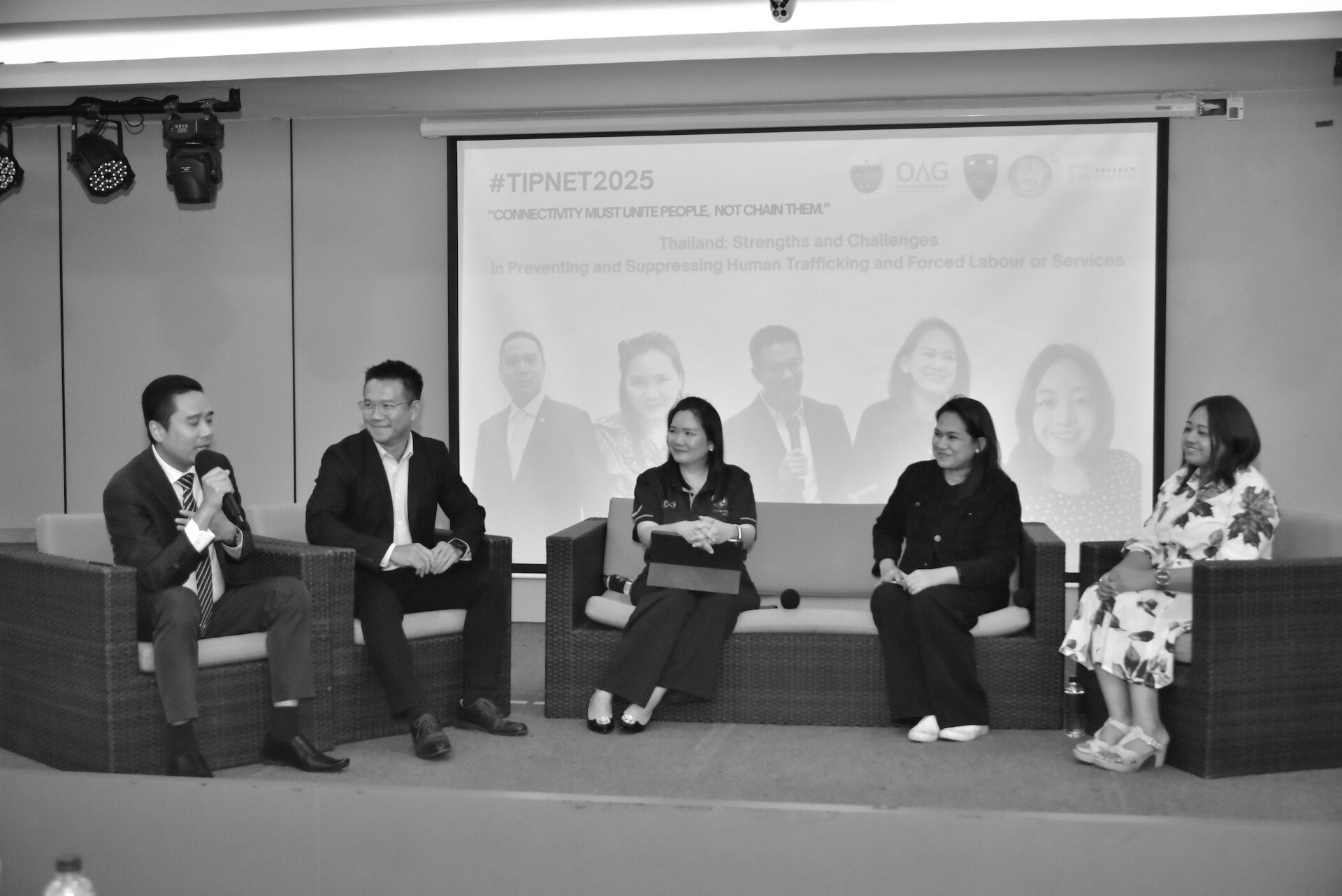The growing profitability and expansion of cyberscam operations, and the subsequent demand for labour, is fueling a human trafficking crisis that reaches far beyond Southeast Asia – but while traditional protection approaches remain essential they are insufficient to prevent the crisis from escalating. Instead, timely actionable financial intelligence is needed to trigger investigations and disrupt fraudulent transactions with urgency, as a recent case involving members of our forced criminality response working group demonstrates.
Over the past few years, international law enforcement agencies have made increasing efforts to target the financial structures that sustain the criminal networks behind online scamming operations. Many countries are establishing specialized Scam and Fraud-focused law enforcement units and, building on other successful PPP (Public-Private Partnership) models such the Joint Money Laundering Intelligence Task Force (JMLIT), are now utilizing these partnerships to bring together law enforcement and financial institutions to address cyber-enabled and other emerging crimes.
The importance of CSO involvement
However, discussions have also called for cross-sector collaborations and information-sharing partnerships between civil society organizations (CSOs) – who are in direct contact with victims – and financial crime experts, in order to cut across drawn-out processes and allow for action to be taken more quickly. In practice, establishing these partnerships, and putting mechanisms in place, has proven challenging, as they require trust to be built and new processes to be established.
The member, who monitors Chinese social media for instances of cybercrime, and was armed with the transaction details and victim’s identification documents, reached out to another group member based in Singapore to see if the transaction could be intercepted. Financial institutions are not able to stop payments without a police order – a process that typically takes 24 to 48 hours. However, the Singapore-based member worked with Singapore law enforcement officers from the Anti Scam Command, who acted swiftly. Within a short period of time, the Singapore Police were able to contact the scam victim and protect a significant portion of the funds. Although some money had already reached the fraudsters, this rapid intervention significantly reduced the consequences of the crime. By 8am the next day, Singapore law enforcement officers sent a message of appreciation, highlighting the importance of timely and coordinated responses.
Building trust between stakeholders
Our Forced Criminality Response Working Group, established in August 2023 and supported by USAID Cambodia CTIP and Winrock International, brings together 63 professionals from 11 countries – Thailand, Cambodia, Laos, Myanmar, Vietnam, Philippines, United States, India, Singapore, Bangladesh, and Uganda. Many members represent CSOs involved in case management and service provision, while others are professionals engaged in responding to different aspects of forced criminality, such as on-the-ground responders, legal advocates, policymakers, and financial crime experts. The diversity within the group provides access to a wide range of expertise, which is essential for developing alternative strategies. A high level of trust has been built among members, aided by a vetting process whereby an existing member must propose prospective members, and regular monthly meetings which provide a forum for sharing information and updates, allowing members to become familiar with each other and appreciate their respective roles and areas of expertise.
Collaboration for quick interventions
The case example highlights the importance of rapid intervention in crime mitigation. The fact that the fraud target’s funds were frozen in such a short space of time significantly reduced the scam’s impact, illustrating how swift and coordinated efforts can directly limit the profits of criminal networks involved in human trafficking. It is hoped that such positive outcomes will set a precedent for future collaboration, reinforcing members’ confidence in sharing sensitive information with each other. In turn, this could enhance the collective capability to support complementary response strategies to prevent human trafficking by targeting its financial underpinnings.



